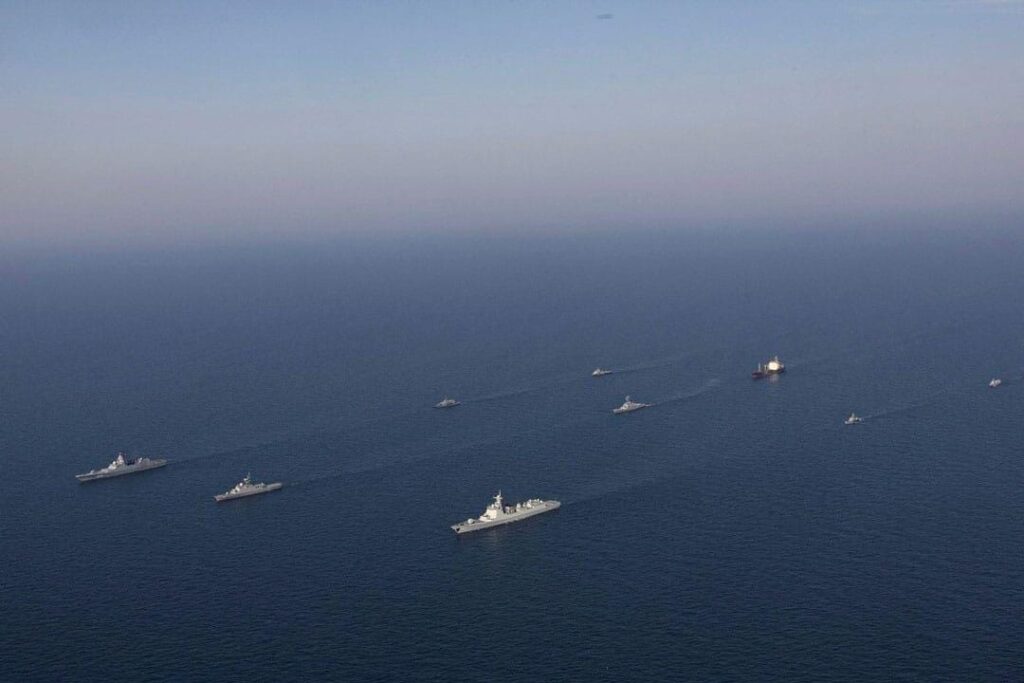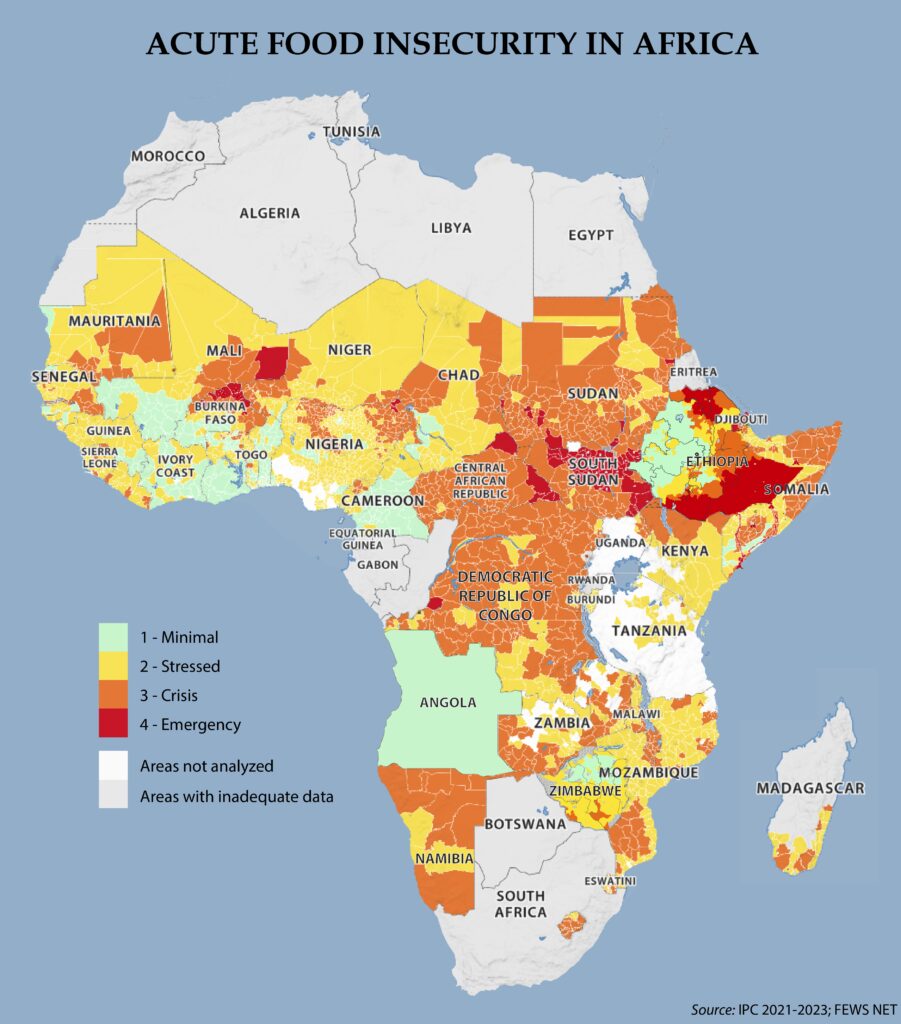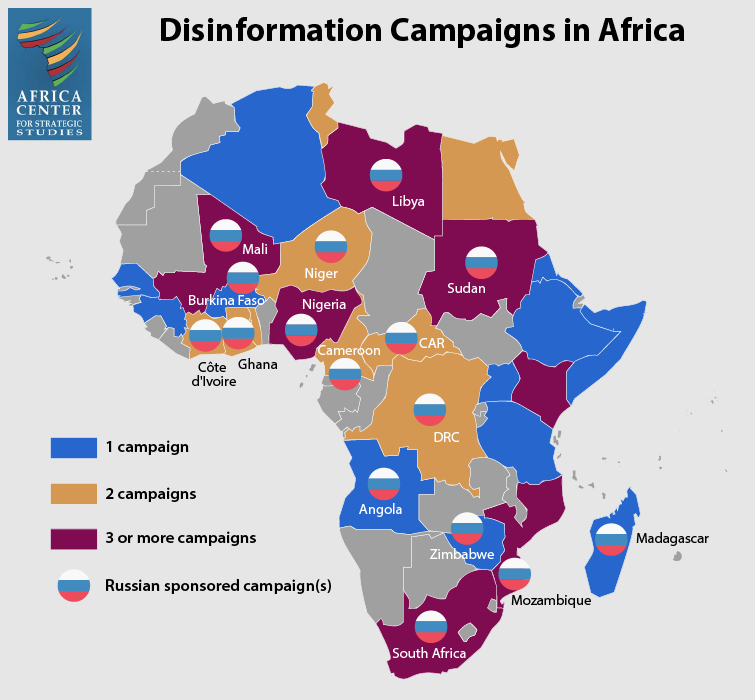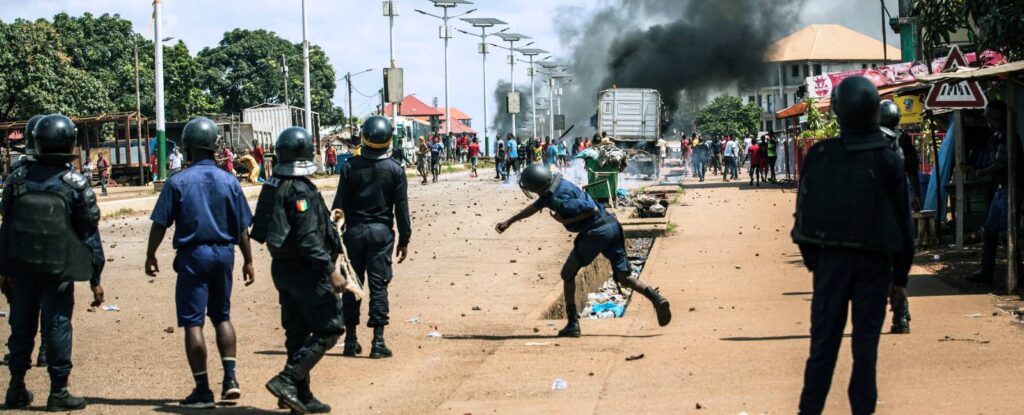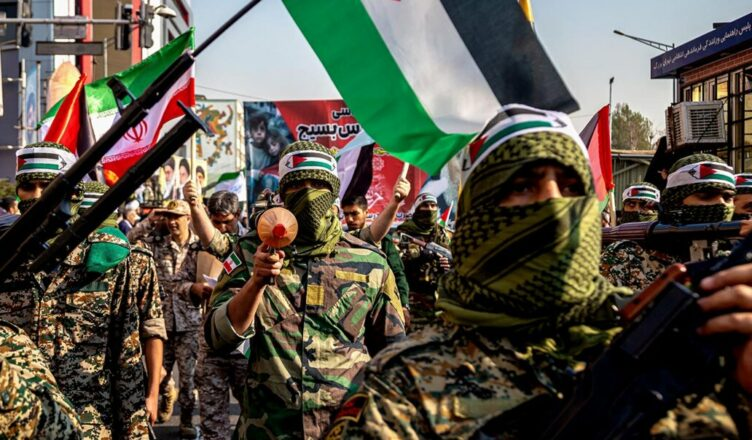Cairo Warns Against Israeli Operation on Egypt-Gaza Border
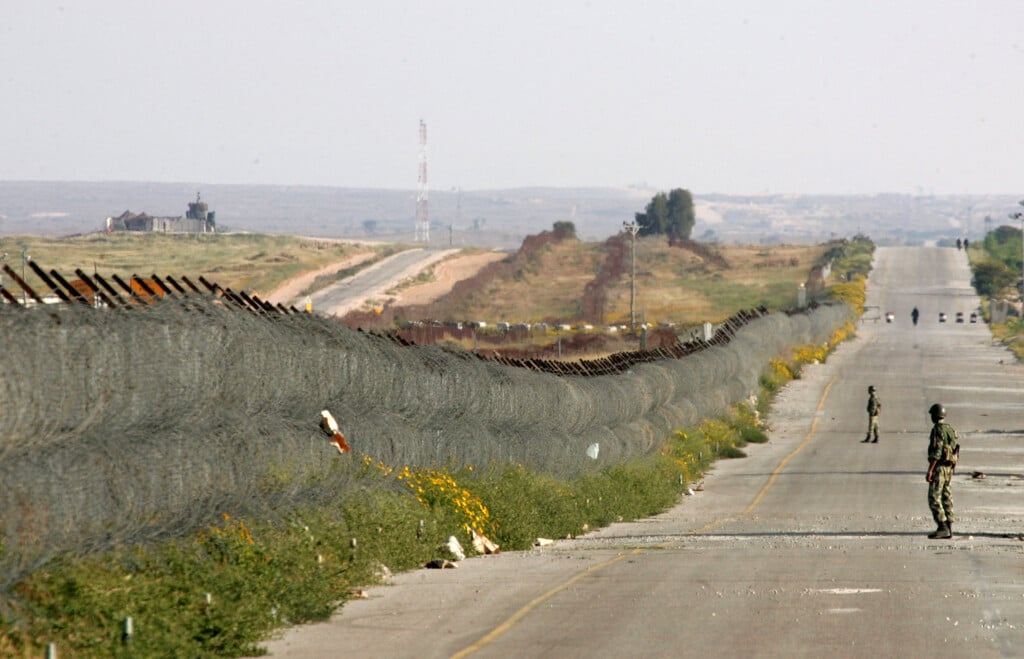
Latest Developments
Cairo warned Jerusalem on January 22 that an Israeli operation along Egypt’s border with Gaza would present a “serious threat” to Egypt-Israel relations and cross a “red line.” The Egyptian government made the threat in response to reports that Israel may be preparing a military operation to secure the 8.7-mile land route — an area known as the Philadelphi Corridor — and destroy the network of illicit Hamas tunnels that connect Egypt and Gaza.

